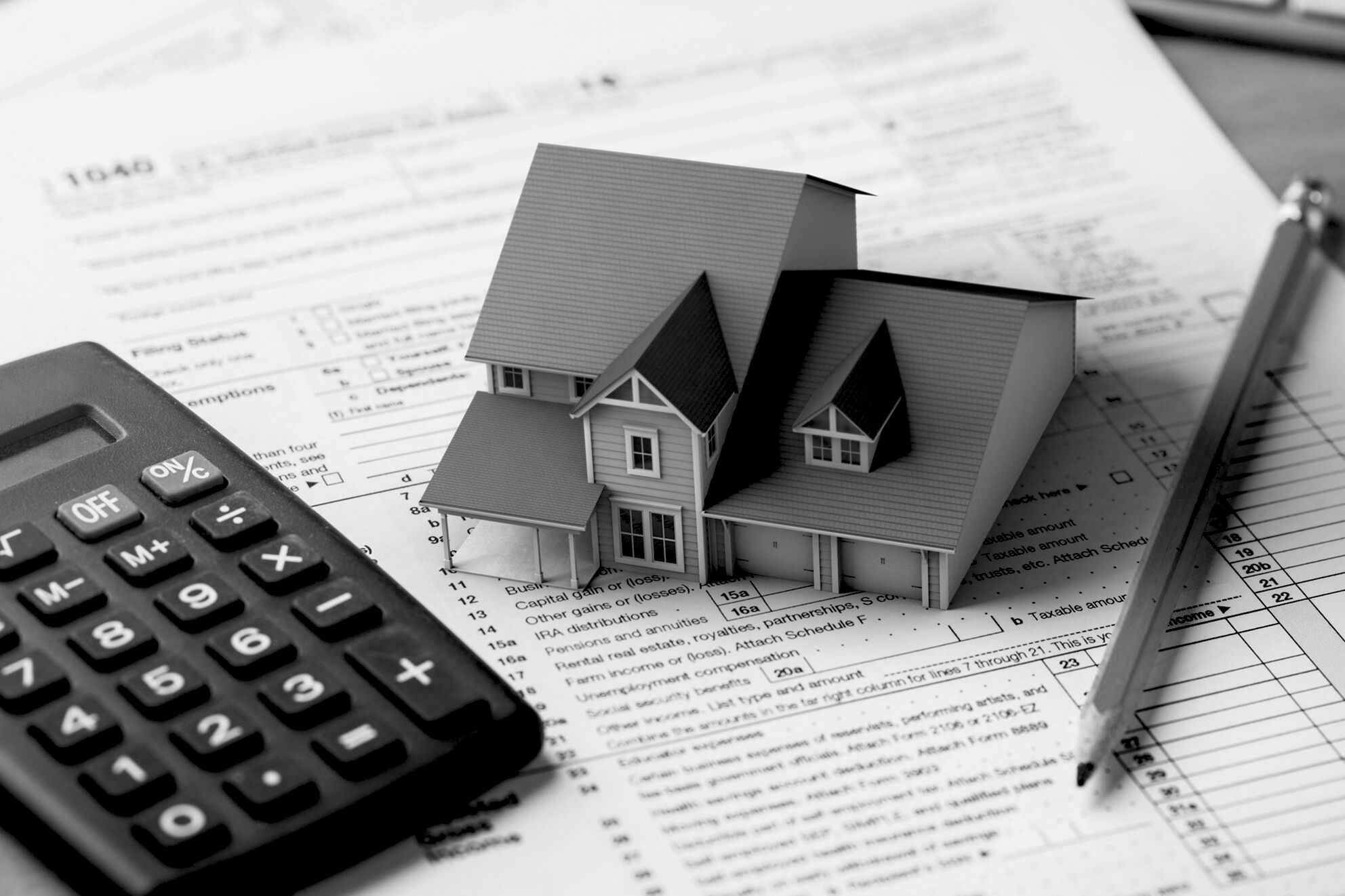As a property business, it's important to determine whether VAT registration is necessary for your operations. If your annual taxable turnover exceeds the VAT registration threshold, which is currently set at £85,000, you are required to register for VAT. However, you may choose to register voluntarily even if your turnover is below the threshold, enabling you to reclaim VAT on eligible business expenses.
VAT on Property Businesses: Exemptions and Applicability
- Residential Property: VAT exemptions apply to most residential property sales and rentals. Whether you are a property developer or landlord, residential properties are typically exempt from VAT, meaning that no VAT is charged on the sale or rent. However, there may be exceptions to this rule, such as the construction of new residential properties, which could be subject to VAT under certain circumstances.
- Commercial Property: Commercial properties are generally exempt from VAT, similar to residential properties. However, there are instances where VAT can be charged. One such case is when a property owner elects to tax the property. Opting to tax allows the property owner to reclaim VAT on associated costs, such as renovations or maintenance. However, it also means that VAT must be charged on the rent or sale price of the property, impacting tenants or buyers.
Interest Rate Relief on Property: Eligibility and Allowability
Individual Property Owners: Interest rate relief on mortgage interest for individual property owners has been phased out. Instead, a basic rate tax reduction has been introduced, limiting the amount of interest that can be offset against rental income.
Company Structures: Interest rate relief for mortgage interest is generally still allowable for property businesses structured as limited companies.
Holiday Let Businesses: Interest paid on loans used to finance holiday let properties can still be fully deductible from rental income. This provides a potential advantage for holiday let businesses compared to traditional buy-to-let properties. However, it is important to meet the specific criteria set by HM Revenue and Customs (HMRC) to qualify as a furnished holiday let.
Conclusion:
VAT and interest rate relief are essential considerations for property businesses in the UK. Residential and commercial properties are generally exempt from VAT, with exceptions for certain circumstances such as opting to tax. Regarding interest rate relief, property businesses operating within a company structure and holiday let businesses can still benefit from full deductibility, whereas individual property owners face restrictions.
Contact our team here if you have any questions, see here for further information on our VAT services.
Topics
Archive
- 2024
- March 2024 (1)
- January 2024 (1)
- 2023
- December 2023 (2)
- November 2023 (2)
- September 2023 (2)
- August 2023 (1)
- July 2023 (3)
- June 2023 (3)
- May 2023 (2)
- April 2023 (1)
- March 2023 (4)
- February 2023 (2)

